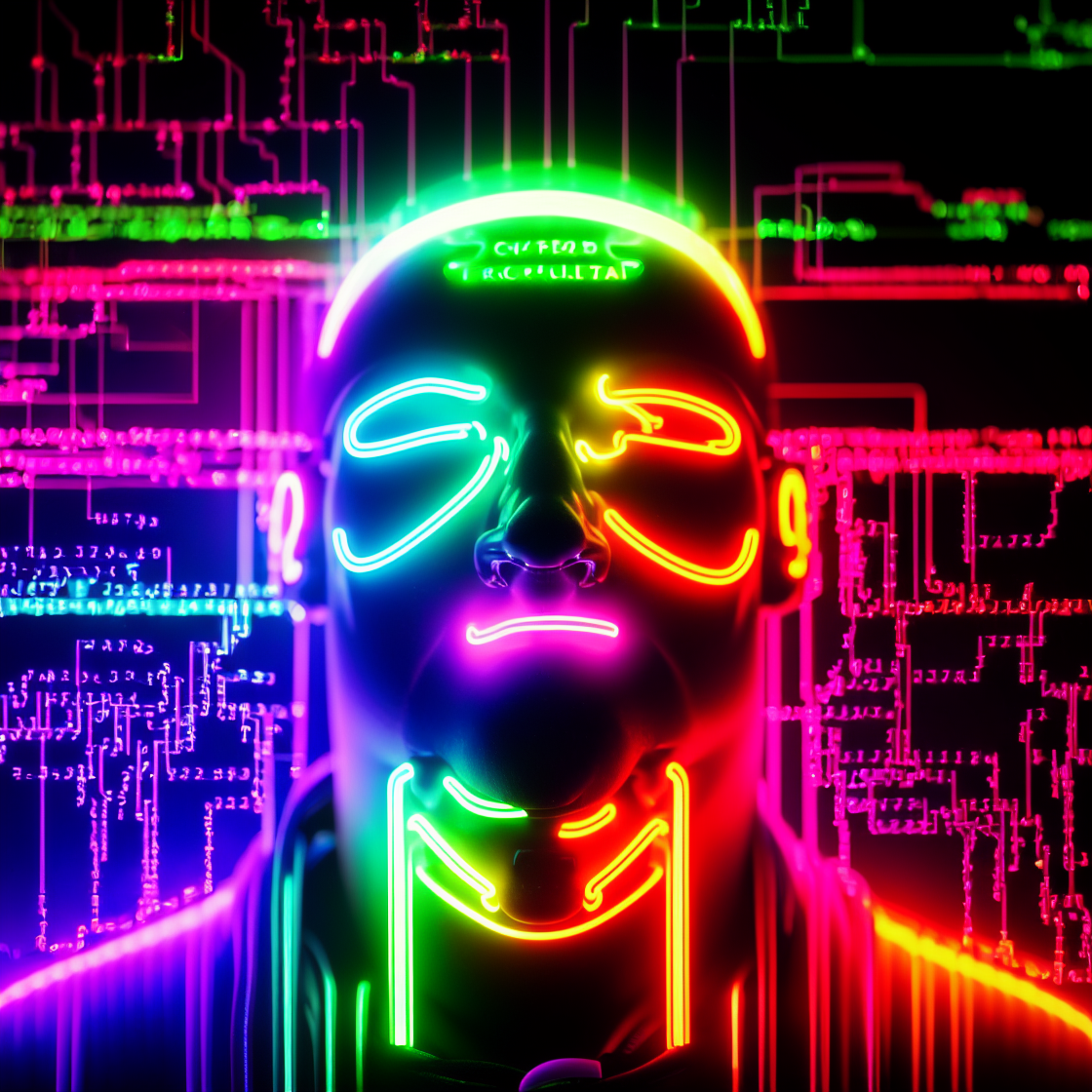#! brings back some good memories :)
For me, Crunchbang was a great introduction to the possibilities of customizing your Linux experience. No giant, monolithic desktop environment, just a handful of programs that you could (and were encouraged to) tweak or replace to your heart’s content.
I still run a Crunchbang-inspired setup on my vanilla Debian install—openbox, tint2, conky, nitrogen, gmrun, Win+Letter hotkeys for frequently-used apps, etc. While I’ve outgrown the need for a preconfigured distro myself, I’m glad to see these projects still providing an on-ramp for users looking to dip their toes into the deeper end of the Linux pool.
I actually was comparing these two also so long ago! Miss u crunchie
The nostalgia!
Been using cbpp for… a long time now, (honestly forgotten when I started) hoping u/computermouth has plans to move to wayland, but I can’t be arsed going back to reddit to ask.
Not had much luck finding a minimal stacking DE to replace it.
How good is the touch screen support in these two? I’m running a convertible for note taking, and I kinda depend on Gnomes pretty decent gesture support.
Not great as they use Xorg
This is the best summary I could come up with:
Tint2 has a clever way of handling multiple desktops: the panel is split into zones, each collecting together the icons representing windows on a particular virtual screen.
Some 15 years ago, CrunchBang was the first distro we saw to make significant use of the Super (“Windows”) key, and its offspring still do: you press Super+T for a terminal, Super+W for a web browser, Super+F for a file manager, and so on, and the Conky display lists nine of these plus a few others.
Both distros offer similar selections of tools: the Geany text editor, Firefox ESR browser, Thunar file manager, VLC media player, and so on.
The sole spot of color in the default screen is the language indicator in the system tray, and those two blue letters stick out like a sore thumb as a result.
It is distinctly more colorful, with a default theme in shades of blue, colourful icons in the main menu, the logout dialog box, and other places.
The KDE team is doing similar, but less obvious, things: it’s removed options such as panels spanning multiple desktops, or tabbed window title bars.
The original article contains 1,389 words, the summary contains 184 words. Saved 87%. I’m a bot and I’m open source!
Would it be possible to run parsec or moonlight on these? I tried parsec on cb++ in the past but it was missing some libra58 dependency thing for it to run
OK I got parsec running on cb++ by forcing parsec to install and ignore libjpeg8 following some reddit users comment. Perfect for my wyse 5470 thin client




